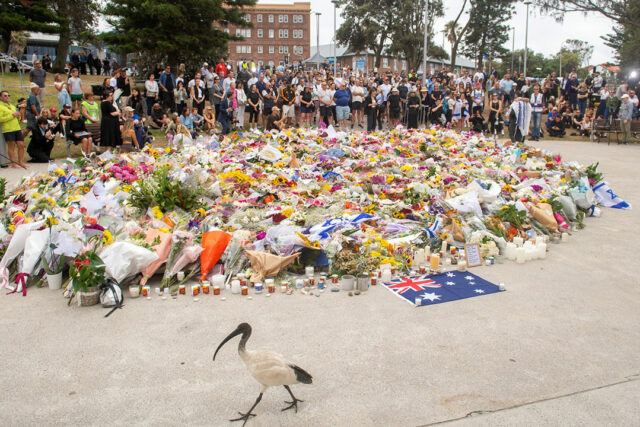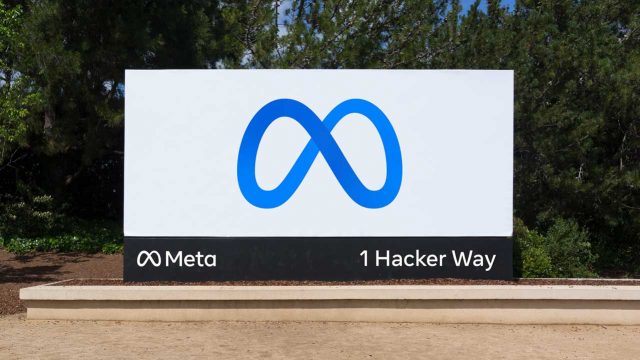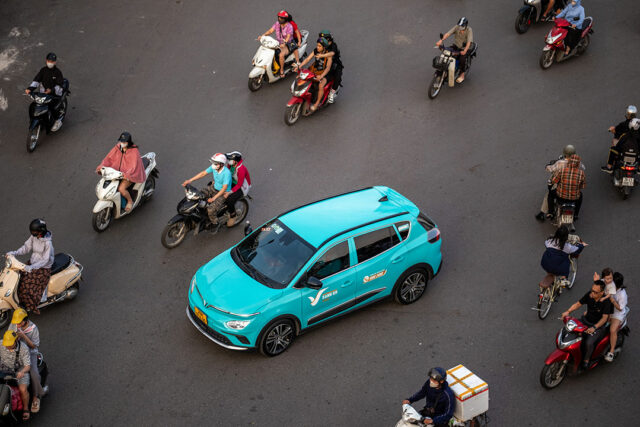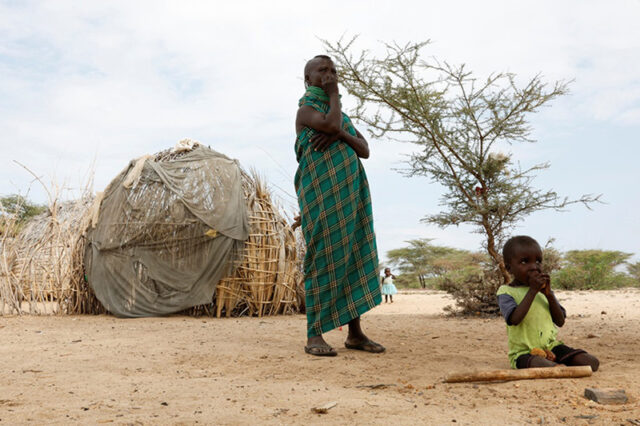US economy to ride tax cut tailwind but faces risks
A see-saw year for the US economy in 2025 looks set to give way to a stronger 2026 thanks to tailwinds from President Donald Trump’s tax cuts, less uncertainty around tariffs, the ongoing artificial intelligence boom and a late-year run of interest-rate reductions from the Federal Reserve.
Among the biggest drivers of a pickup in growth, economists say, are fatter tax refunds and smaller tax withholdings on paychecksUS that are expected to provide a lift to consumer spending, the backbone of the American economy.
Trump’s One Big Beautiful Bill also gives companies a range of credits and tax breaks, including the ability to fully write off expenses from investments, that may fuel capital spending beyond data centers and other AI-related areas.
“The boost from fiscal stimulus alone could add one-half percent or more to first quarter GDP growth,” wrote KPMG chief economist Diane Swonk.
At the same time, the impact of Trump’s tariffs on prices is projected to peak in the first half of the year. If price pressures then recede, as Fed policymakers increasingly believe they will, wages will have more room to outpace inflation, bolstering household finances further.
Meanwhile business spending on the infrastructure that powers AI, a key component of economic growth in 2025, looks poised to continue as mega technology firms such as Amazon and Google parent Alphabet promise more investments ahead.
The upshot: a better outlook for businesses stuck for much of this past year in a “low-hire, low-fire” mode as they sought to weather Trump’s disruptive trade policies and aggressive immigration crackdown.
“We expect fading policy uncertainty, the boost from tax cuts and the recent loosening of monetary policy to mean the economy strengthens in 2026,” said Oxford Economics analyst Michael Pierce.
‘HEADWINDS ARE ABATING’
A stronger economy was a core promise of Trump’s presidential election campaign, but as he began his second term in the White House early this year the economy shrank amid the rollout of his unexpectedly aggressive tariffs. The average US import levy shot to nearly 17% in Trump’s first year from less than 3% at the end of 2024, according to Yale Budget Lab.
Growth rebounded in the second quarter as the contours of his trade policies became clearer and businesses and households began to adjust. It accelerated further in the third quarter to a 4.3% annualized pace as Americans, particularly those with higher incomes who benefited from the runup in the stock market, increased spending and companies poured money into AI.
Economists expect fourth-quarter growth to slow substantially, reflecting the impact of the six-week federal government shutdown that began October 1, but with the reopening that drag will reverse in the new year.
“Growth in 2025 has been resilient despite a substantial drag from trade and immigration policy,” Nomura economists wrote. “Now these headwinds are abating at the same time fiscal and monetary policy are becoming stimulative.”
There are many risks: A weakening labor market, still-elevated inflation, and a central bank deeply divided over which of those dueling problems to focus on.
Meanwhile Trump is poised to pick a new Fed chair to take over when Jerome Powell’s term ends in May. Whoever he picks is universally expected to push for lower interest rates.
This year the US job market steadily slowed, with monthly job gains down sharply from what they were a year ago and the unemployment rate ticking up, key reasons that Fed policymakers did coalesce around a string of interest-rate cuts in the final months of the year. The unemployment rate was 4.6% in November, though economists said the reading was distorted by the lack of data collection during the government shutdown.
Stubbornly elevated inflation may limit further rate cuts next year.
While third-quarter inflation was much more muted than expected, economists say it was not a clear indicator and likely understated real price pressures. Meanwhile it will take months to bear out whether tariff-driven goods inflation will indeed fade as many policymakers now expect.
Household concerns over the weaker job market – evident in the latest data from the Conference Board showing a deterioration in consumers’ perceptions of the labor market to levels last seen in early 2021 – have some economists predicting families will save rather than spend the extra money from the Trump tax cuts.
And while businesses may gain from investment in AI if it helps them do more with fewer people, employees and job-seekers may not benefit in the same way.
“We expect the unemployment rate to stabilize at 4.5% as hiring picks up on the back of stronger final demand growth,” wrote Goldman Sachs’ economist David Mericle. “Further labor market softening is the largest downside risk to our forecast because hiring is starting from a weak place and the promise of AI might restrain it further.” — Reuters












